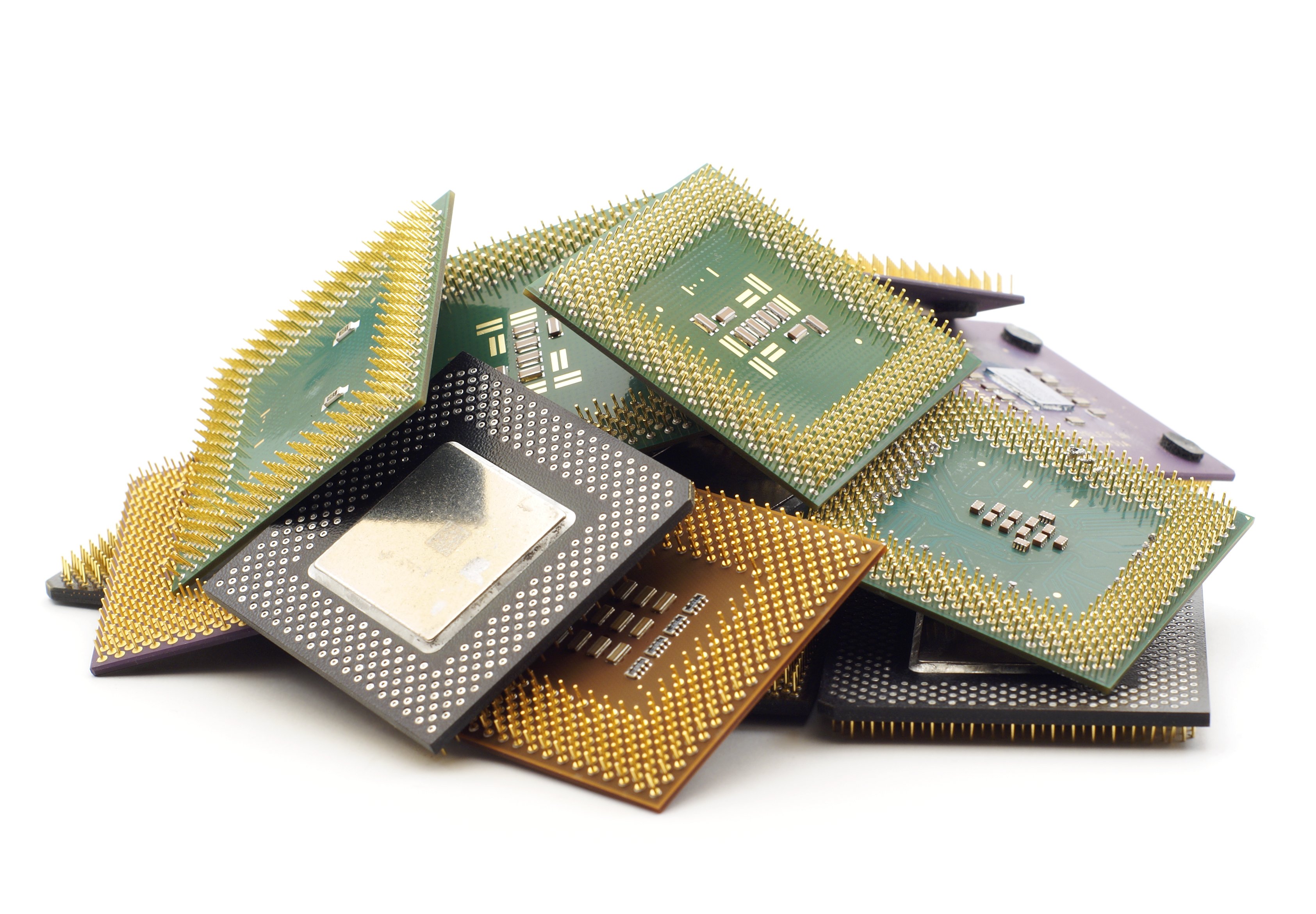Computer memory specialist Micron Technology (MU +6.10%) stock tumbled 6.2% through 10:30 a.m. ET Wednesday, and for one simple reason: As you've probably heard, Bloomberg reports that President Trump is planning to take an equity stake in Intel (INTC +11.04%).

Image source: Getty Images.
Wait. What? Intel? Not Micron?
Yes, you read that right. Pursuant to the CHIPS Act passed under the Biden administration to support the U.S. semiconductor industry, Intel was awarded $10.9 billion in grants, but new negotiations between Intel and the White House suggest the Trump administration now wants to convert those grants into a 10% equity stake in Intel, effectively part-nationalizing the company.
But Intel isn't the only company to receive CHIPS Act grants. Micron was awarded $6.1 billion as well -- the second-biggest semiconductor subsidy after Intel's. And now we're learning that U.S. Commerce Secretary Howard Lutnick may want to convert that grant into an equity stake as well.

NASDAQ: MU
Key Data Points
What does this mean for Micron?
That's exactly the question, isn't it: What does this mean for Micron?
On the one hand, if Commerce decides to convert its grant into a stock investment, this would effectively deprive Micron of $6.1 billion in "free money" that it thought it had -- clearly bad news for the stock.
On the other, Micron would still get the money -- just with strings attached -- and perhaps be set up to receive additional investments from the government if it needs them.
But the rumor that the government wants to pressure Micron for an equity stake could turn out to be false. That would still leave Micron competing with a state-backed rival in Intel, which could ask for further handouts that Micron might not get.




